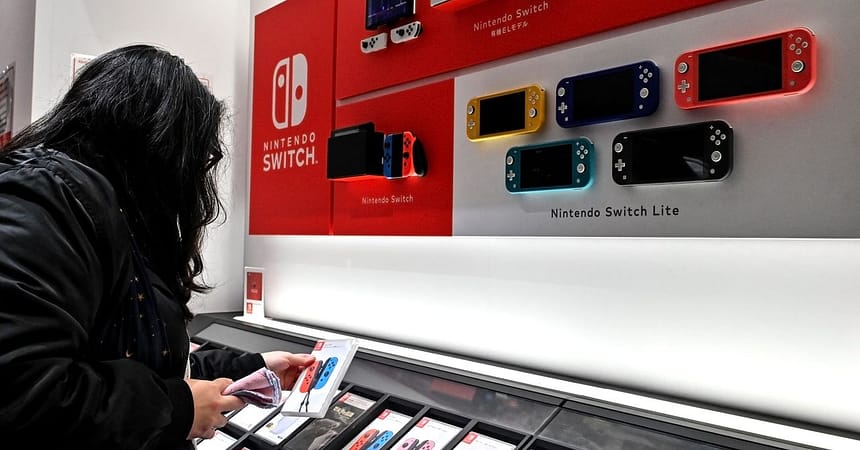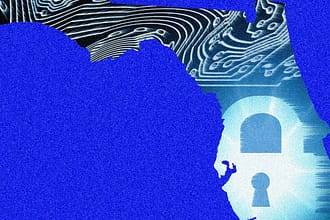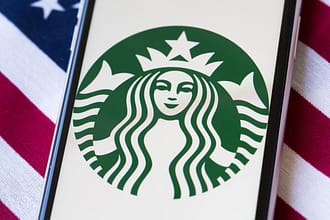Nintendo Switch 2 preorders are back on and while consoles will remain the same price, accessories will be more expensive due to President Donald Trump’s tariff announcements.
The company said today that preorders will begin next week, April 24, and that the Switch 2 will remain $450 at launch, despite sweeping tariffs announced earlier this month by President Donald Trump that threatened to raise prices. The Mario Kart World Bundle, which includes the console and game, will still sell for $499.99; the game itself, as well as Donkey Kong Bananza, will also keep their original price tags of $79.99 and $69.99, respectively.
“We apologize for the retail preorder delay, and hope this reduces some of the uncertainty our consumers may be experiencing,” Nintendo said in an official statement.
On April 4, just two days after a Switch 2 reveal event held in New York City, Nintendo announced the unprecedented move of delaying preorders “in order to assess the potential impact of tariffs and evolving market conditions.” Nintendo President of America Doug Bowser previously told WIRED that the company was “actively assessing” the impact Trump’s tariffs would have on the Switch 2’s production and launch.
However, Switch 2 accessories will “experience price adjustments from those announced on April 2 due to changes in market conditions,” Nintendo said in a statement. The Pro controller, for example, originally announced at $79.99, is now $84.99; the Joy-Con 2 is now $94.99, as opposed to $89.99. Other increases include the Dock Set, which was announced at $109.99 and will now sell for $119.99.
The company also notes that “other adjustments to the price of any Nintendo product are also possible in the future depending on market conditions.”
Trump announced “Liberation Day” tariffs on April 2, including baseline tariffs of 10 percent for all countries. He has also raised tariffs on Chinese goods to 145 percent, but after China announced 125 percent tariffs on the US in response, the White House said China could face up to 245 percent in tariffs on some goods. The Trump administration has also said electronics will be exempted from both the baseline tariffs and those levied at China.
Trump has threatened additional tariffs on other countries, though on April 10 he said those would be paused for 90 days while the US negotiates.
The uncertainty has sent many industries scrambling as markets have crashed. Between rising prices for consumers, and possibly extending the financial conditions that have led to years of cuts and mass layoffs, tariffs will negatively affect the entire industry, from the people who make games to those who play them.
Other Consoles
The US and China are the largest games markets in the world, and tariffs would affect both countries differently. US tariffs could mean an increase in price for American players, whether it’s consoles or games themselves, for more than just Nintendo products. Sony and Microsoft may not have a new console lined up, but their hardware will be affected as well.
Ahmad says that both companies are still “heavily reliant” on China, and that high tariffs will also raise the prices for PlayStation and Xbox consoles. He pointed to Sony’s recent announcement that it will increase prices by 25 percent for the PlayStation 5 in Australia, Europe, and New Zealand.
“There are indirect and knock-on effects for exchange rates, inflation and broader macro impacts,” Ahmad says, regardless of whether or not other countries are directly affected by imports from China and Vietnam. Sony’s price increases, he says, are likely a “response to a future US price increase (Sony’s largest market), with the firm looking to spread cost increases globally and maintain margins.”
According to Harding-Rolls, even a 10 percent tariff would likely make purchasing consoles and games less attractive to players, if they’re feeling pinched financially.
Physical Games
Although digital games won’t be impacted by tariffs, physical games would be, but how much prices increase will depend on where the games were made. Ahmad points to Nintendo manufacturing its games in Japan, while Xbox does some of that work in Mexico. “While there are currently tariff exemptions on physical games for these countries, any future tariffs would have an impact on physical game prices,” he tells WIRED. “This may have a knock on effect for digital game prices too, despite not being directly impacted.“
If retail prices soar, players are more likely to embrace digital-first media and ditch any remaining reliance on physical games. “That’s a benefit to the console platforms as their storefronts are the key sales channel for games on their platforms,” says Harding Rolls.
More Layoffs Likely
For the past few years, the game industry has undergone an unprecedented loss of jobs and talent—and while the industry has started to rebound, tariffs could reverse that progress, according to Daniel Ahmad, director of research and insights at Niko Partners.
“Corporate sentiment and investment behavior basically switched from ‘on/happy’ to ‘off/unhappy’ on one day,” he says.






